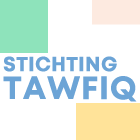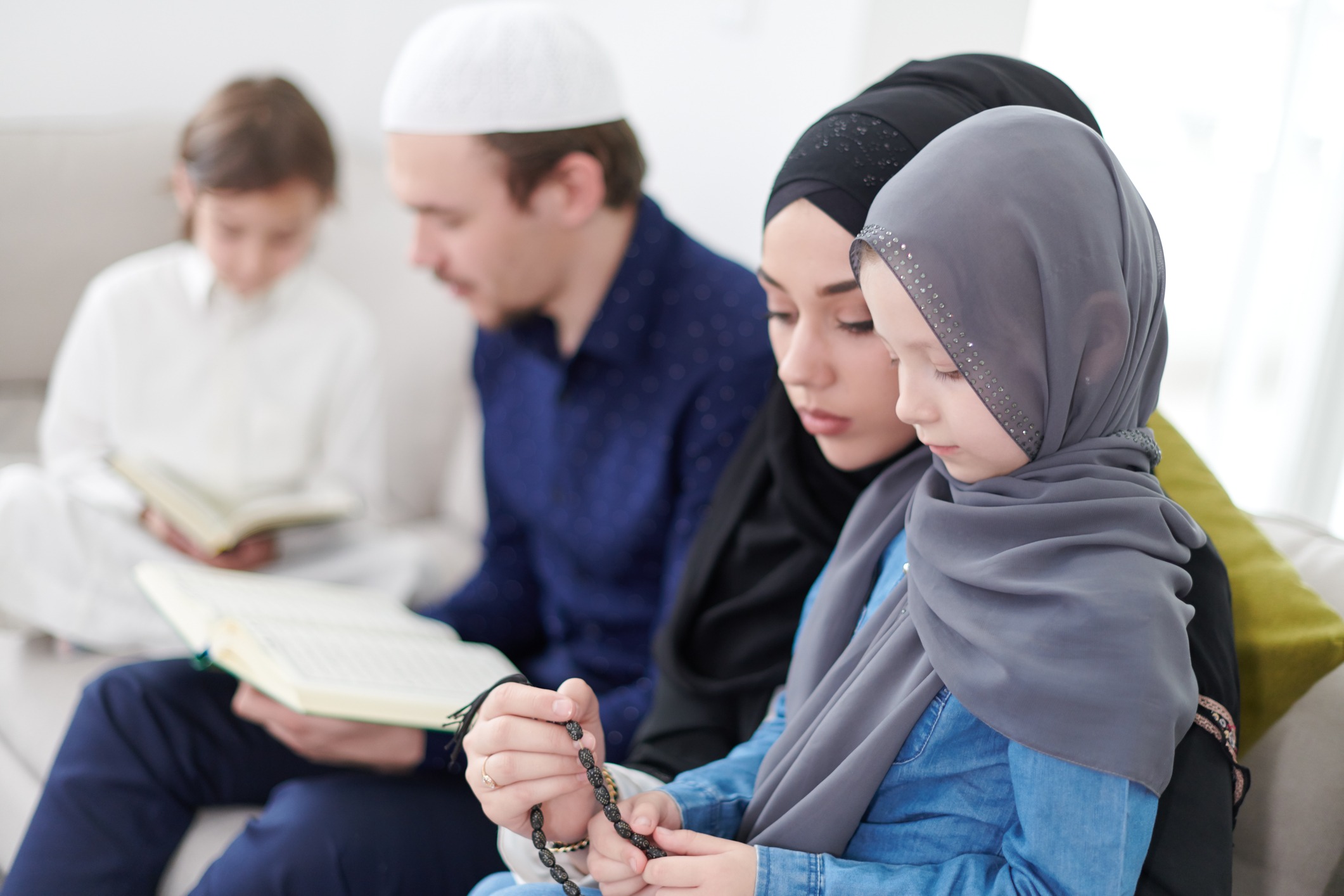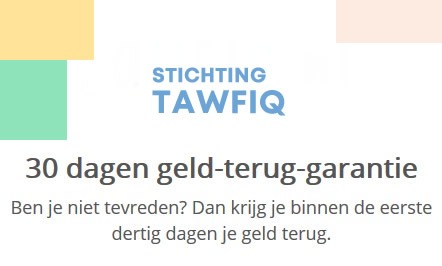-
Islamic knowledge, education and training
- How can we promote a modern approach to Islamic education?
- What are the benefits of a modern approach to Islamic education?
- How can we meet the challenges associated with implementing a modern approach to Islamic education?
- What are the different ways parents can help their children embrace and practice a modern approach to Islamic education?
- What role does technology play in facilitating and promoting a modern approach to Islamic education?
“A modern approach to Islamic education: discover the opportunities, take up the challenge!”
Islamic education is a topic that is receiving increasing attention in contemporary society. It is important to understand how we can approach this education in a modern context, where technology and change are constantly present. In this article we will discuss the challenges and opportunities associated with approaching Islamic education in a modern context. We will also look at different ways that parents, teachers, and other stakeholders can help their children learn about their religious identity. Through this article, we hope that readers will have a greater understanding of what it takes to help children in the process of developing their religious identity.
How can we promote a modern approach to Islamic education?
To promote a modern approach to Islamic education, it is important to focus on strengthening the core values and principles that are central to the Islamic tradition. This can be done through educational programs that focus on increasing knowledge about the Quran, Hadith and other religious sources. It is also important to teach children how to apply their faith in their daily lives. In addition, more attention should be paid to discussions on contemporary issues such as gender equality, environmental change and technology, challenging children to form their own opinions within the context of their beliefs. Bringing children into contact with different perspectives can also create greater understanding of other cultures and religions.
What are the benefits of a modern approach to Islamic education?
There are many benefits to a modern approach to Islamic education. First, it offers children the opportunity to strengthen their religious identity through educational activities that help them better understand their faith. In addition, they learn how to put their religious values into practice, which helps them become good citizens and members of society.
Secondly, it also offers children more flexibility in their lifestyle, making them more open to other cultures and ideas. This helps them develop tolerance and respect for other cultures, which is important for true global citizenship.
Third, it also gives children access to modern technologies such as the Internet, giving them better access to information on various topics relevant to their religious beliefs. This can help strengthen their spiritual growth and personal development as a whole.
How can we meet the challenges associated with implementing a modern approach to Islamic education?
To meet the challenges associated with implementing a modern approach to Islamic education, it is important to first understand what exactly is meant by 'modern approach'. A modern approach means taking into account the changing times and context in which we live. It also means there is more emphasis on developing the skills needed to be successful in this day and age.
One way we can meet this challenge is by ensuring that teachers and other stakeholders are well informed about what modern Islamic education entails. This can be done through workshops, seminars or online courses. In addition, it is important to ensure that teachers have access to relevant resources such as books, articles and websites on the subject.
Furthermore, more emphasis should be placed on practice-oriented learning instead of just learning theories. By getting students actively involved in project-based learning or other hands-on activities, they can test their skills and deepen their understanding while applying what they learn in their daily lives.
Finally, there must also be more cooperation organized by various parties involved in Islamic education: schools, university institutions as well as religious organizations must seek cooperation not only to exchange information but also to propose ideas about how Islamic education can be modernized not only effectively but also ethically responsible
What are the different ways parents can help their children embrace and practice a modern approach to Islamic education?
1. Start learning the basics of Islamic education. Parents can help their children by teaching them about the fundamental values and principles that are central to a modern approach to Islamic education, such as respect, responsibility and tolerance.
2. Encourage your child to think and make decisions independently. Parents can help their children by encouraging them to listen to their own feelings and opinions so that they are better able to make good decisions that are appropriate within the context of Islamic education.
3. Give your child enough space to make mistakes and learn lessons from experiences. Parents can help their children by allowing them to admit mistakes or missteps made during the process of learning about Islamic education, thus making them more confident in their ability to make good choices in life according to what is learned from the Koran and other religious sources.
4. Use various media content as an educational tool for your children in discovering Islamic values and principles. Parents can help their children by offering various media content such as book reviews, films or documentaries on Islamic education as an educational tool that can be used to encourage greater understanding of modern approaches to Islamic education among younger generations.
What role does technology play in facilitating and promoting a modern approach to Islamic education?
Technology plays an important role in facilitating and promoting a modern approach to Islamic education. Through technology, parents, teachers and other stakeholders can access information about Islamic teachings, allowing them to better educate their children. Technology can also be used to offer online courses aimed at improving Islamic education. These courses help children learn more about their religious background and enable them to express their faith with more confidence. Additionally, technology can be used to provide interactive learning tools that help children become more involved with Islamic culture and traditions. Through technology, parents, teachers and other stakeholders can easily access informative resources such as videos, podcasts, blogs, etc. aimed at improving Islamic education. The conclusion is that a modern approach to Islamic education offers challenges and opportunities for parents, teachers and students. By using this approach, parents can help their children strengthen their religious identity as they adapt to the changing world. Teachers can help their students to treat different cultures and religions with respect, creating greater understanding between people. Students can be inspired by the exploration of Islamic traditions and values taught in the modern approach to Islamic education.







